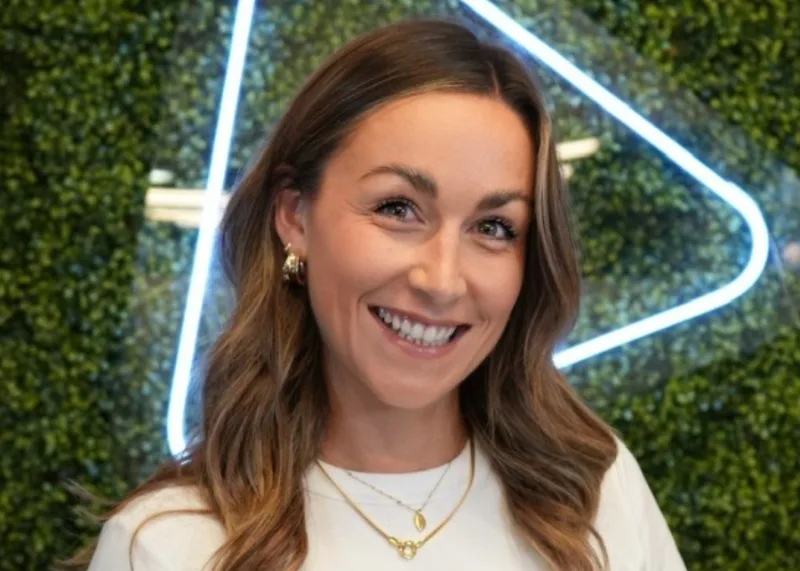By Kate Lewis, Community & Partnerships Director, Ingenuity
Forging a strong partnership between an advertising agency, a brand, and procurement is akin to running a three-legged race. Each leg has unique strengths and perspectives to bring to the team – agencies prioritise creativity and innovation, brands concentrate on market impact, and procurement works out cost efficiency, budget management and risk mitigation.
Together, they should make for a dream team. But, like all three-legged races, moving together as one is more challenging than you might first anticipate. More often than not, one leg trips the other and sends everybody crashing to the floor. In this case, procurement’s laser focus on costs and budgets can sometimes clash with the creative ambitions and ideas championed by agencies and brands.
As a new business firm helping to match up brands and agencies, it’s a frustration we often hear in conversations and frequently read in the marketing press. But what’s important to remember is that, at heart, each of these stakeholders share a common goal: driving business success and profitability. You’re all running towards the same finishing line, and by acknowledging that and appreciating each other’s priorities and perspectives, everyone can move forward in sync. That’s what makes a winning team.
So it’s time to stop seeing each other as barriers and instead look at each other as the teammates you are. That starts with understanding the positive role procurement can play and we recently held an event with 30 procurement professionals to discuss the topic.
Procurement’s part
The thought of procurement might set an agency’s teeth on edge, but when the relationship is appropriately managed, procurement can be an agency’s best ally. A good procurement function should facilitate a positive relationship between the agency and the brand.
For starters, procurement should help define what ‘value’ means to the brand and ensure everybody is on the same page. Value shouldn’t mean getting an agency for the lowest price possible – actual value is getting the best result out of the relationship.
That could mean determining where an agency can help with business problems beyond marketing or the most important objectives that need to be achieved. As the three leading associations for procurement, agencies, and marketing, CIPS, the IPA, and ISBA, wrote in a joint industry white paper almost two decades ago, value is balancing the magic of creativity and innovation with the logic of hard numbers to drive profitable growth for all.
Communication between procurement and an agency shouldn’t end the day the pitch process and price negotiations are completed. It’s good for procurement to stay involved and talk to the agency regularly to catch any minor problems before they grow into something huge. This is critical to fostering the kind of long-term relationship brands and agencies dream of.
Plus, procurement can support and defend the agency if the brand’s marketing team makes unfair demands or has unrealistic expectations. Sometimes, procurement has to step in and keep things on track.
To that end, having someone within the relationship who is less emotionally involved in the day-to-day work is useful. Procurement can talk about money, value, and effectiveness objectively, which is sometimes necessary to improve the brand-agency relationship overall.
The work still to do
That said, there’s no smoke without fire, and negative feelings about procurement haven’t sprung from thin air. Over time, procurement has undoubtedly made mistakes that have built up resentment.
Agencies get frustrated with procurement when they solely focus on cost. Marketing isn’t pens or notebooks; ad agencies aren’t stationary suppliers. The creativity and strategic advice agencies provide are hard to quantify, so making like-for-like comparisons is incredibly difficult. When conversations revolve entirely around rate cards, agencies feel undervalued and misunderstood.
Agencies also become frustrated when a pitch process is poorly or unfairly managed. It’s often underestimated how much time, resource and energy agencies put into a pitch – when steps are added or dates changed at the last second, they rightfully get upset.
Ultimately, procurement’s impact often comes down to its skill set and capabilities. If a procurement team doesn’t understand marketing, it can make life incredibly difficult for agencies. The best procurement teams are often those with former marketers or agency leaders in their midst.
Don’t skip due diligence
But procurement isn’t the only department that needs to do its part. Brand and agency teams must be willing to let them in. If they’re too close and cut procurement out, it can lead to severe problems down the line.
For example, sometimes when a new CMO joins a business they choose to bring their previous agency along with them. They appoint that agency to their account without going through a formal process or allowing procurement to do their due diligence. Relationships started in this way rarely last – no matter how good an agency is, they won’t always be the right fit for a business. Agencies need to be selected for the right reasons, and that’s what procurement is there to help with.
Fortunately, sentiment towards procurement among agencies and brands has improved significantly in recent years. Procurement’s role in helping a relationship start off on the right foot is now more widely understood, but there’s still work to do.
Just as runners in a three-legged race must communicate, coordinate, and support each other to keep balance and momentum, effective collaboration between agencies, brands, and procurement requires open dialogue, mutual respect, and a willingness to see things from each other’s point of view.
By fostering a culture of transparency, trust, and shared purpose, they can overcome any hurdle and propel each other toward victory.







